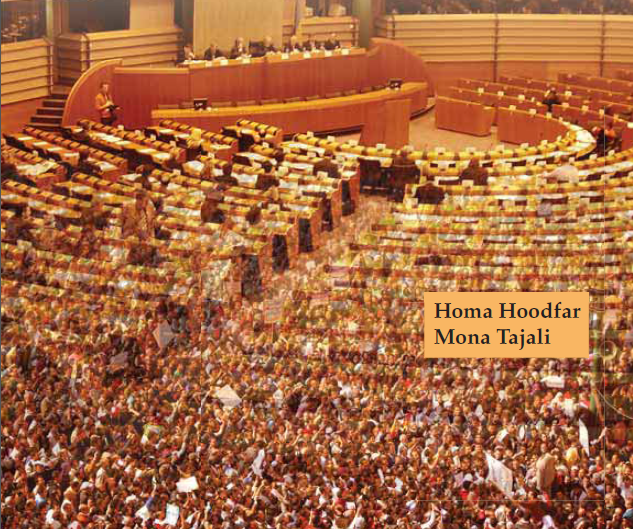Source: WELDD
The goal of reducing gender inequalities in political representation has been elusive in many different kinds of political systems, even though women have made substantial progress in other areas, such as education, employment and healthcare. This wonderfully accessible book argues that gender quotas are an important strategy to improve women’s political representation in legislatures and political parties and it lays out the history of this approach across the globe. It suggests however, that gender quotas are themselves not an ‘easy fix’ to gender discrimination since similarly designed quotas have had different outcomes across cases. The book’s comparative approach untangles the various factors which need to be considered in designing, lobbying for, and implementing gender quotas so that they can be effective. This volume is tremendously useful and informative for activists and scholars across the globe and does a masterful job explaining divergent outcomes both within regions and across them. While teasing out some shared experiences, it encourages coalitions of activists to develop context-appropriate strategies to craft effective campaigns to end women’s exclusion from political decision-making. Hoodfar and Tajali argue that although increasing countries are successfully and creatively using gender quotas, some of the wealthiest long-standing democracies still continue to experience greater legislative gender inequalities.
Diane Singerman, Co-Director of Middle East Studies at American University, and author of Cairo Cosmopolitan: Politics, Culture, and Urban Space in the New Globalized Middle East
In the march towards inclusive democracy and addressing women’s historical exclusion from electoral processes, gender quotas have emerged across the North and the South as a major tool for redress. This book outlines successes as well as shortcomings of the various types of gender quotas as they intersect with electoral systems. In simple and lucid terms, Electoral Politics makes a valuable contribution to understanding the complexity of gender quotas by drawing upon eight case studies from across the globe. It is one of few scholarly works in the field geared towards diverse stakeholders, including scholars, practitioners and activists. Setting out lessons learnt and means to overcome systemic obstacles, it provides a clear guide to devising context specific strategies for increasing women’s presence in electoral politics.
Charlotte Bunch, Founder of the Center for Women’s Global Leadership, Rutgers University, and author of Passionate Politics: Feminist Theory in Action and Demanding Accountability: The Vienna Campaign and Tribunal for Women’s Human Rights
Homa Hoodfar is Professor of Anthropology at Concordia University. Her primary research and expertise lies in intersection of political economy, gender and development and women’s movement and electoral Politics in the Middle East. She has extensively studied indigenous empowerment strategies amongst those marginalized by legal constraints particular in the area of family law and citizenship, economic penury, the making of the civil society, women in local and national politics and displacement, with a particular focus on women in Egypt, Iran, Afghanistan, and amongst Canada’s Muslim community. She has been actively involved in Women Living Under Muslim laws network since 1980s and currently is a WLUML broad member.
Mona Tajali is an independent researcher and a PhD Candidate in the Department of Humanities at Concordia University in Montreal, Canada, where she researches women’s political participation and representation in the Middle East, with particular emphasis on gender quotas as a strategy to address women’s underrepresentation. She currently researches and teaches on topics of gender and Islam, human rights in Muslim cultures, and Muslim women’s political rights and access to decision-making positions. Her doctoral research is entitled “Women’s Political Representation in Iran and Turkey: An Analysis of the Obstacles and Strategies to address them”. She has collaborated with Women Living Under Muslim Laws’ Women and Politics Program, and participated in many workshops and international conferences on issues of gender and electoral politics and female authority in Islamic thoughts.
Download Full Publication HERE: Electoral Politics – Making Quotas Work for Women (final)_0


